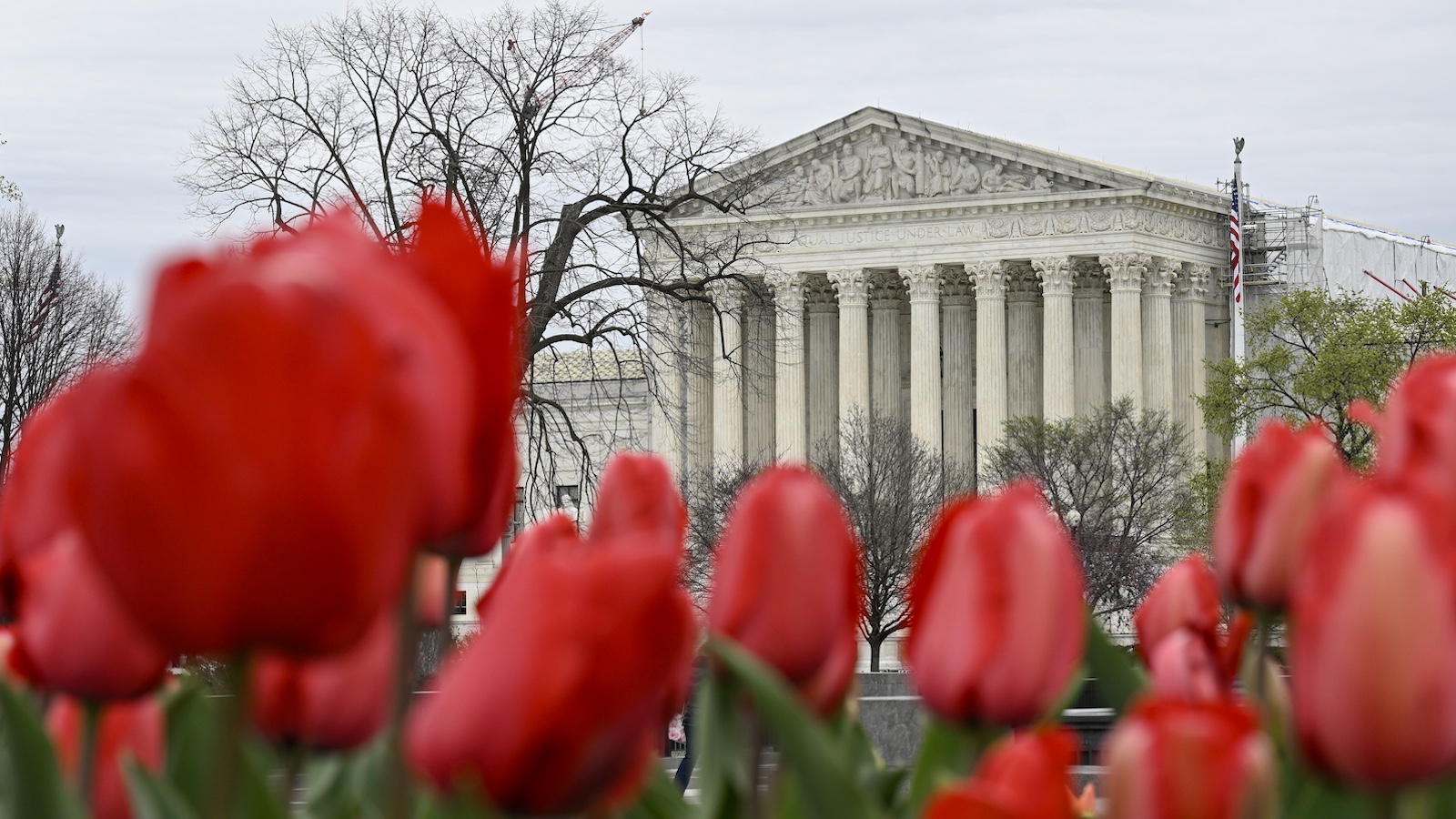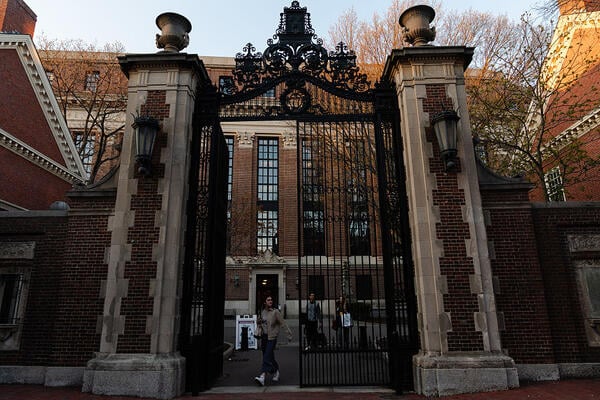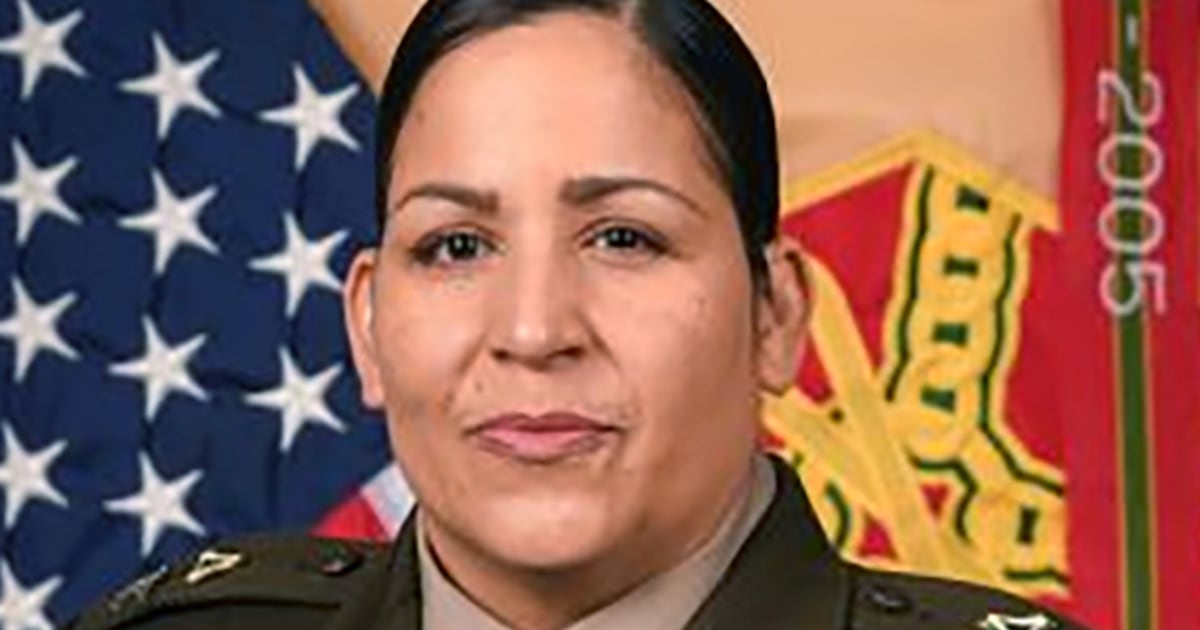Supreme Court Weighs Case on Parents' Rights Against LGBTQ+ Curriculum in Maryland Schools

The Supreme Court of the United States appeared to lean towards supporting a group of religious parents who have initiated a lawsuit against a Maryland school board. The parents are contesting the boards decision that prohibits their K-5 children from opting out of a curriculum that includes LGBTQ+ themes.
In 2022, the Montgomery County Board of Education made headlines by introducing a series of new inclusivity books aimed at K-5 students. These books cover a range of topics, including gender transitions, pride parades, and preferred pronouns. Notable titles among the selected materials are The Pride Puppy, Uncle Bobbys Wedding, and Born Ready: The True Story of a Boy Named Penelope. However, the school boards approach has drawn criticism for eliminating parental notice and opt-out options regarding these materials.
Following the board's 2022 decision, a federal court ruled in favor of the Montgomery County school district, stating that the district's policies were lawful. This ruling came before the lawsuit progressed to the Supreme Court, where a diverse group of parentsincluding those from Christian, Muslim, and Jewish backgroundstook their appeal in January 2023.
The crux of their appeal asks whether public schools infringe on parents' rights to religious freedom when they compel elementary school students to participate in instructional materials that conflict with their religious beliefs, all without prior notice or the opportunity to opt out.
Eric Baxter, an attorney with the Becket Fund for Religious Liberty representing the parents, forcefully argued that the school boards stance could allow for instructional content that may be deemed inappropriate, such as pornography, with no input or rights afforded to parents. He asserted, The First Amendment demands more. Parents, not school boards, should have the final say on such religious matters.
During the oral arguments, Justice Amy Coney Barrett remarked that the court does not need to determine whether the parents should have the option to opt out of the curriculum. Instead, she emphasized that the focus should be on whether the Fourth Circuit's definition of what constitutes a burden on religious exercise was accurate.
Justice Barrett expressed concern that the materials being presented to young students were not just informative but could also promote a particular worldview, suggesting a push for students to adopt specific beliefs about gender and sexuality.
Justice Brett Kavanaugh expressed confusion about how the situation escalated to the Supreme Court, remarking on his familiarity as a lifelong resident of Montgomery County. He urged the school boards attorney, Alan Schoenfeld, to consider how a resolution could be found that respects both the religious beliefs of the parents and the educational goals of the school district. Kavanaugh pointed out that the parents were not advocating for a change in the curriculum; rather, they simply wanted the option to withdraw their children from exposure to materials that contradict their beliefs.
Justice Samuel Alito questioned why the school district had not accommodated these requests for opt-outs, especially since they already provided alternatives for parents in other contexts. He pressed Schoenfeld to clarify the districts rationale for not allowing parents to opt their children out of this particular curriculum.
At one point, Justice Neil Gorsuch highlighted how the inclusion of certain books in the curriculum seemed aimed at influencing young childrens perspectives on gender and sexuality. Through a pointed line of questioning, Gorsuch pressed Schoenfeld about the implications of materials like The Pride Puppy, which had been previously used in pre-kindergarten classes.
The dialogue reflected a broader tension between differing views on the role of education in addressing social issues and the rights of parents to guide their children's understanding of sensitive topics. The liberal-leaning justices raised concerns about defining what constitutes a burden on religious exercise, with Justice Sonia Sotomayor questioning how to distinguish between exposure to differing ideas and coercion.
Justice Ketanji Brown Jackson remarked that parents could always opt to send their children to different schools if they disagree with the teachings. This led to a broader discussion about parental rights within the public education system.
As the justices deliberated, the tension between ensuring a diverse, inclusive curriculum and respecting parental rights and religious beliefs remains a critical point of contention. The outcome of this case could have far-reaching implications for educational policies across the United States, as it grapples with the balance between inclusivity and parental rights in public schooling.



















